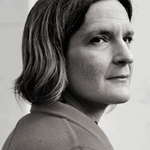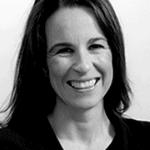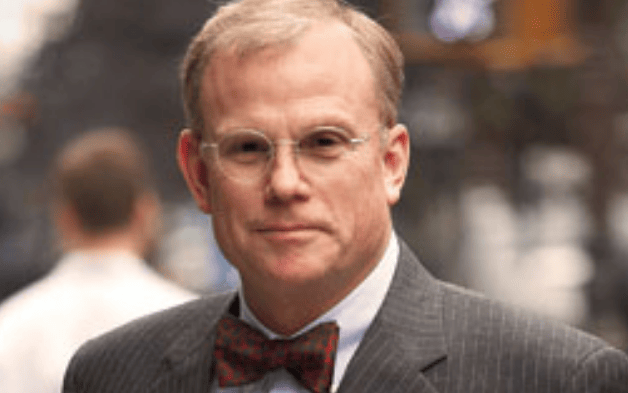In conversation with the current recipient of the Nobel Prize in Economics, Esther Duflo, this session will look at the phenomenon of inequality and the way in which economics and finance can help meet the challenge for a better, more equal, world.

Esther Duflo
Professor of Poverty Alleviation and Development Economics, MIT; current winner Nobel Prize in Economics (United States)
Esther Duflo is the Abdul Latif Jameel Professor of Poverty Alleviation and Development Economics in the Department of Economics at the Massachusetts Institute of Technology and a co-founder and co-director of the Abdul Latif Jameel Poverty Action Lab (J-PAL). In her research, she seeks to understand the economic lives of the poor, with the aim to help design and evaluate social policies. She has worked on health, education, financial inclusion, environment and governance.
Professor Esther Duflo’s first degrees were in history and economics from Ecole Normale Superieure, Paris. She subsequently received a Ph.D. in Economics from MIT in 1999.
Duflo has received numerous academic honours and prizes including 2019 Sveriges Riksbank Prize in Economic Sciences in Memory of Alfred Nobel (with co-Laureates Abhijit Banerjee and Michael Kremer), the Princess of Asturias Award for Social Sciences (2015), the A.SK Social Science Award (2015), Infosys Prize (2014), the David N. Kershaw Award (2011), a John Bates Clark Medal (2010), and a MacArthur “Genius Grant” Fellowship (2009). With Abhijit Banerjee, she wrote Poor Economics: A Radical Rethinking of the Way to Fight Global Poverty, which won the Financial Times and Goldman Sachs Business Book of the Year Award in 2011 and has been translated into more than 17 languages, and the recently released Good Economics for Hard Times.
Duflo is the editor of the American Economic Review, a member of the National Academy of Sciences and a Corresponding Fellow of the British Academy.
Amanda White is responsible for the content across all Conexus Financial’s institutional media and events. In addition to being the editor of Top1000funds.com, she is responsible for directing the global bi-annual Fiduciary Investors Symposium which challenges global investors on investment best practice and aims to place the responsibilities of investors in wider societal, and political contexts. She holds a Bachelor of Economics and a Masters of Art in Journalism and has been an investment journalist for more than 25 years. She is currently a fellow in the Finance Leaders Fellowship at the Aspen Institute. The two-year program seeks to develop the next generation of responsible, community-spirited leaders in the global finance industry.
Key takeaways
- COVID-19 is not the great leveller – there are huge differences between how the virus is impacting the rich and the poor within the US for example.
- Developing countries are less well equipped to weather uncertainties in these times. However, even within the US inequality has been growing for decades and is now clearly unsustainable.
- We need to trust developing countries enough to help them drag themselves out of poverty.
- We need to spread out global supply chains to reduce geographic concentration risk and simultaneously provide income across the world. This will require collaboration and the deprioritisation of commercial self-interest.
- We need to create wealth for the poor, not just take wealth from the rich. To reduce poverty incrementally, we need to focus on the simple things that work, for example providing cash incentives for sending children to school.
- Let’s not forget, we have made huge progress in alleviating poverty, but that is not full credit to the World Bank, it is credit to the people of the developing nations.
- If you invest responsibly as an institutional investor, you are by default helping to alleviate poverty.
- ‘Impact washing’ is the new greenwashing and it’s very concerning. How do you really select the investments that truly drive social impact? We should apply the same rigour to impact assessment as investment assessment.




